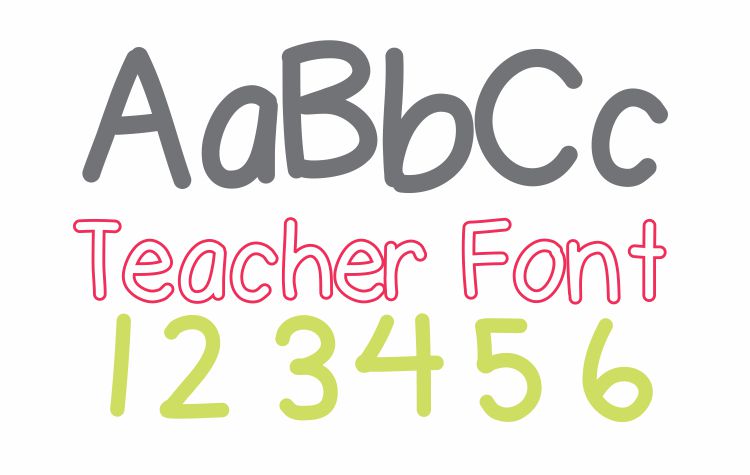Schools for Thought provides a straightforward, general introduction to cognitive research and illustrates its importance for educational change.
Thank you for posting a really neat collection of fonts. I am truly not wanting to be rude, but I just thought that you should know that the word 'organize' is spelled with a 'Z.' I really enjoy your site, and it looks very professional, other than the misspelled word all over this otherwise beautiful blog. Miss anyone, to all of you I owe a huge debt of gratitude. Your thoughts, wishes, words of encouragement and support have given me the strength to continue. This work has not been easy, and as for many PhD students work and life have taken over at many times. Significant life events have happened that I personally need to acknowledge. Here's a list of similar words from our thesaurus that you can use instead. 'I'd be interested in your thoughts on this matter.'. 'There is a thought that the older you are, the less likely this method will be successful for you.'. 'I've given your arguments some thought, and there is some weight to it.'. 'It required some thought, but I think we have finally solved the case.'.

If we want to improve educational opportunities and outcomes for all children, we must start applying what we know about mental functioning—how children think, learn, and remember in our schools. We must apply cognitive science in the classroom. Schools for Thought provides a straightforward, general introduction to cognitive research and illustrates its importance for educational change.
Schools for Thought provides a straightforward, general introduction to cognitive research and illustrates its importance for educational change. If we want to improve educational opportunities and outcomes for all children, we must start applying what we know about mental functioning—how children think, learn, and remember in our schools. We must apply cognitive science in the classroom.
Using classroom examples, Bruer shows how applying cognitive research can dramatically improve students' transitions from lower-level rote skills to advanced proficiency in reading, writing, mathematics, and science. Cognitive research, he points out, is also beginning to suggest how we might better motivate students, design more effective tools for assessing them, and improve the training of teachers. He concludes with a chapter on how effective school reform demands that we expand our understanding of teaching and learning and that we think about education in new ways. Debates and discussions about the reform of American education suffer from a lack of appreciation of the complexity of learning and from a lack of understanding about the knowledge base that is available for the improvement of educational practice. Politicians, business leaders, and even many school superintendents, principals, and teachers think that educational problems can be solved by changing school management structures or by creating a market in educational services. Bruer argues that improvement depends instead on changing student-teacher interactions. It is these changes, guided by cognitive research, that will create more effective classroom environments.
Teaching Font For Thought Images
A Bradford Book
